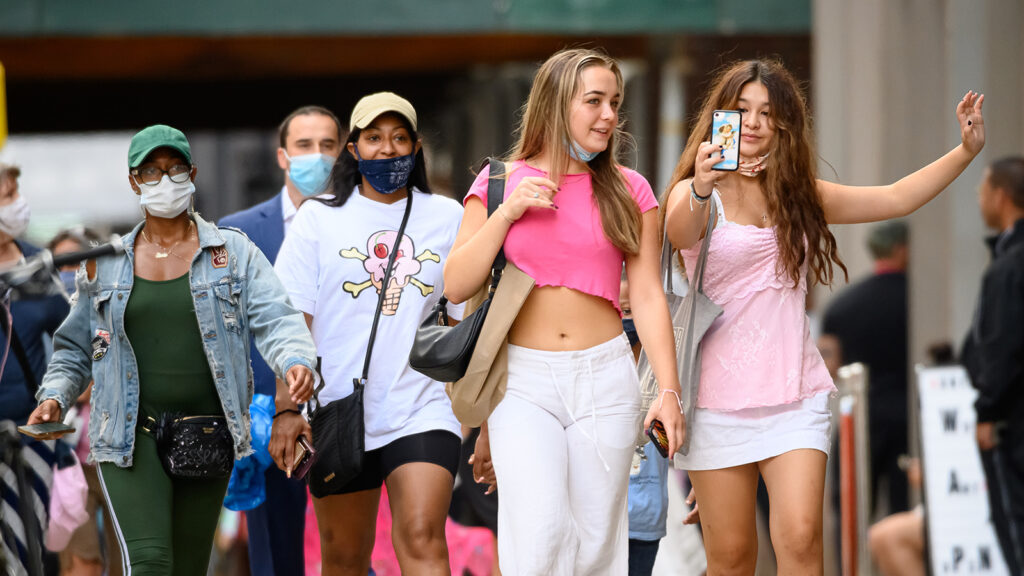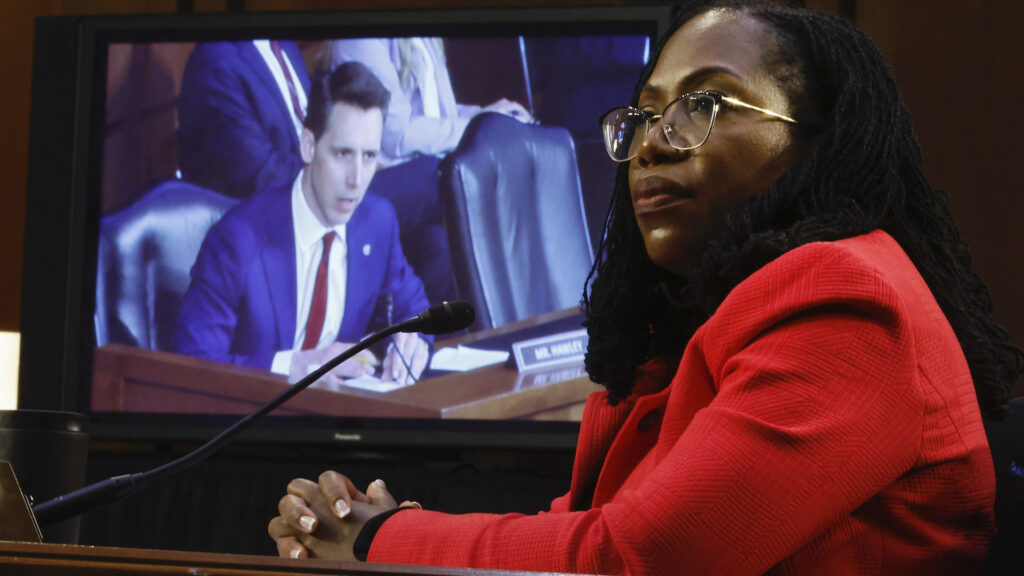International Women’s Day: Embracing Equity, Inclusion and Belonging

International Women's Day is March 8, 2023.
Photo: Getty Images
March 8 was International Women’s Day, which prompted people to “imagine a gender-equal world. A world free of bias, stereotypes, and discrimination.” The initiative, as part of its mission, articulates that “Celebrating women’s achievements and increasing visibility, while calling out inequality, is key.” These visions and goals are especially relevant to the structure of the workplace and the disproportionate divisions of household and caretaking labor on women.
In this episode of the New Shape of Work podcast, Kate Bravery chats with Sian Beilock about the potential consequences of remote working on women’s advancement and the impact of representation on achieving equity.
On remote work and career advancement:
One of the things that I worry about, though, is especially young people and young women not recognizing the power of being in the office for those informal connections, for chats outside of the meeting room. And if we look at who has most of the division of labor at home, it’s women. And if we’re then saying, “okay you can decide when you come in the office,” it’s very clear who is going to have the flexibility to decide to come in the office — it’s going to be men. And the end result is that we’ll have an office full of men which … doesn’t send a signal that women belong.
On revolutionary work models:
I would really urge employees and managers to think systematically about what work looks like in a way we’ve never had to do before. Are there a few days a week where everyone’s in the office where you literally say to them, “you can’t do Zoom meetings; this is when you do your team meetings or other things”? If you do have a remote working environment or more hybrid, how are managers making sure to connect with those people who are working more remote?
On reaching students:
Students don’t know the range of jobs out there. This is especially true I would argue for women and women who’ve come from lower economic backgrounds. They haven’t had the exposure to all the things they could do. We miss an opportunity to educate early about what jobs are out there. … Getting students early could be so important. … If you just take the adage that ability is way more widespread than opportunity, that’s the key. Our goal as organizations — higher education, public, private companies — is to go out and cast a wider net.











